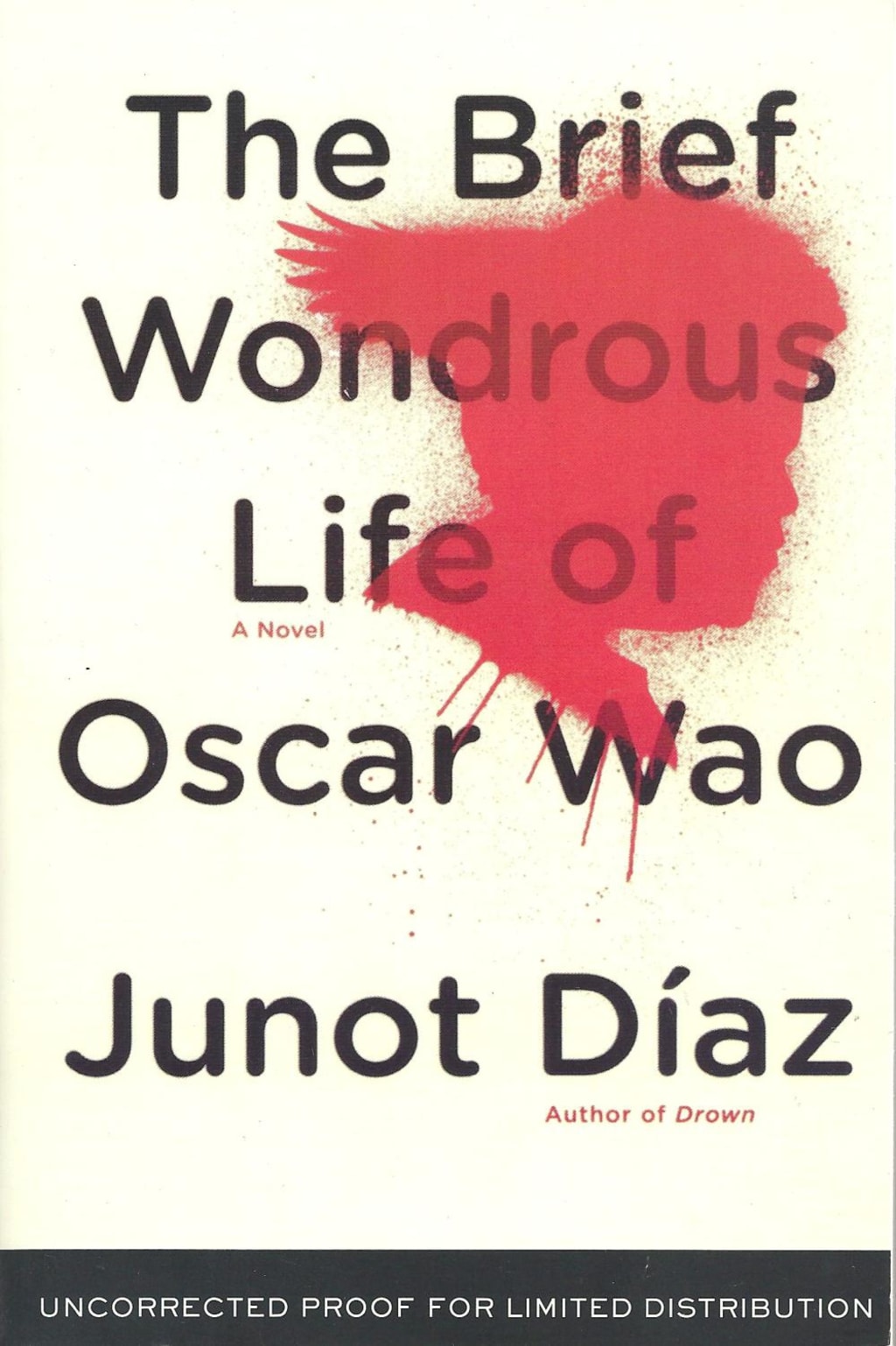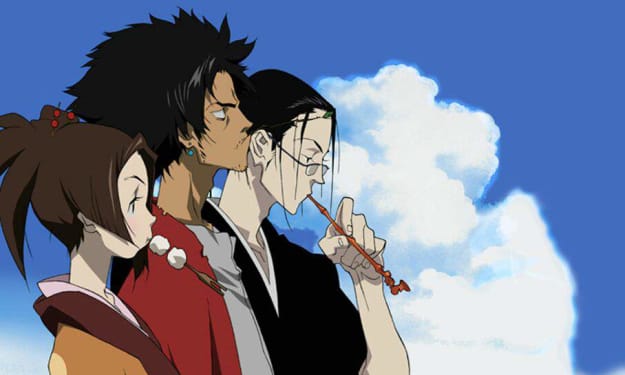Late Review: 'The Brief Wondrous Life of Oscar Wao'
A continuous series about music, movies, books, and other arts

Creating stories is hard.
For one, a balance between the main plots and the secondary stories must be established. So many of the great films and books find their own balance, switching back and forth from one part of the story to another. The Godfather focused on Marlon Brando's Vito, and Al Pacino's Michael. Star Wars cut from Luke and the gang, to C-3PO and R2-D2 for comedic relief. Both in the Lord of the Rings novels and films, we cut from Frodo's journey to Gandalf to Aragon and his group.
The Brief Wondrous Life of Oscar Wao is no different. Now, in no way am I comparing this novel to the works listed above. By no means is the cultural impact between the works the same. However, The Brief Wondrous Life of Oscar Wao takes the lessons and styles from works like these, and runs with it.
Written by Junot Díaz, The Brief Wondrous Life of Oscar Wao details the story of the main protagonist, Oscar De Leon. It is told from the perspective of Oscar's college roommate, Yunior; Oscar's sister, Lola; Oscar's mother, Beli; and even Oscar himself. It constantly jumps between time periods, as well as between stories of the family. It details the upbringing of Oscar and Lola, as well as their time as young adults. From there, it cuts to the early life of their mother, Beli, living in the Dominican Republic under the dictator Rafael Trujillo. Through this, Yunior dives into the history of the Dominican Republic and its descent into corruption.
Writing from different characters' points of view allows for a plethora of possibilities. During the novel, the tones and themes change with the story and with the character. It allows for Junot to explore different ideas. But, at the same time, it would not be a complete novel if it wasn't more than just blood that connected the characters' stories.
In Beli's story, the themes of sexuality, freedom, and loss run through the pages. Detailing from her teenage years to the cusps of her immigration to the US, her anecdotes fall heavy, and examine the stereotypical "feisty" Latina through an interesting lens. It shows the audience the downfall of pride, and the consequences of messing with the wrong people.
Bouncing from Beli's story to Lola's, the same themes run through the plot. Her character arc runs similar to her mother's. Fighting for her sexual freedom through the men she dates, Lola's interactions with the other male characters highlight the same traits as her mother. Though she avoids much of the brutality that her mother faced, Lola still deals with the lasting effects of Beli's tribulations. Like Latina mothers and daughters usually do, Beli's and Lola's relationship deteriorates as the novel progresses. When you put two stubborn people together, bad things are bound to happen.
This is where our protagonist, Oscar, stands out. All the male characters in the story serve as foils to his own demeanor. At the same time, the female characters show us how Oscar values his love for women and their souls, rather their bodies. Oscar is created as being fat and "ugly," as opposed to having the natural "suaveness" that Dominican men have (or supposedly have, according to the characters and Junot himself). These qualities provide the basis from which the story can move forward.
The novel begins with Oscar being a timid boy, stuck in his own world. He divulges into fantasy stories, comics, and video games. He gets bullied, and has no communication with any girls. There is no father figure for Oscar to follow. He tries to connect with Lola's various boyfriends, but none of them ever pan out. By that time, he gets to college, and his roommate turns out to be the narrator, Yunior.
Refraining from any true spoilers, Oscar turns a new leaf and gets inspired by Yunior to make some changes, in his own way.
Because of the different stories and our atypical hero Oscar, the novel begs to be different. It doesn't necessarily fall into the similar young adult novel, but provides the audience with enough to capture our attention. The themes are the same as those in the genre. In the end, I think Junot Díaz does enough to separate the novel from those tropes. In addition, the ending strikes a cord with me.
Like I had mentioned before, refraining from any true spoilers, the ending of the novel closes on a poetic note. Through Oscar's ultimate actions, all the characters recognize their own faults perpetrated through their culture. Yunior sees his hyper-masculinity for what it really is, and Lola realizes she does not have to feed into the stereotype that she grew up in and around.
The Brief Wondrous Life of Oscar Wao is a great Latino-based novel, but it carries enough broad concepts that allow people from all ethnicities and ages to enjoy.
Rating: 8.2/10
About the Creator
George Gomez
Screenwriter first, Mexican-American second, Trying to change the world with my words third.
www.gutsfilms.com






Comments
There are no comments for this story
Be the first to respond and start the conversation.